
Kishu (Kishu-Ken)
The Kishu, also known as Kishu-Ken, is a Japanese dog breed that dates back hundreds of years. It is one of the six native Japanese spitz breeds and is considered a natural treasure in Japan. The Kishu was originally bred for hunting deer and wild boar in the mountainous regions of Kishu (modern-day Wakayama Prefecture). Over time, the breed’s hunting abilities and loyalty endeared it to Japanese nobility, and it became a cherished companion and guard dog.
Physical Characteristics:
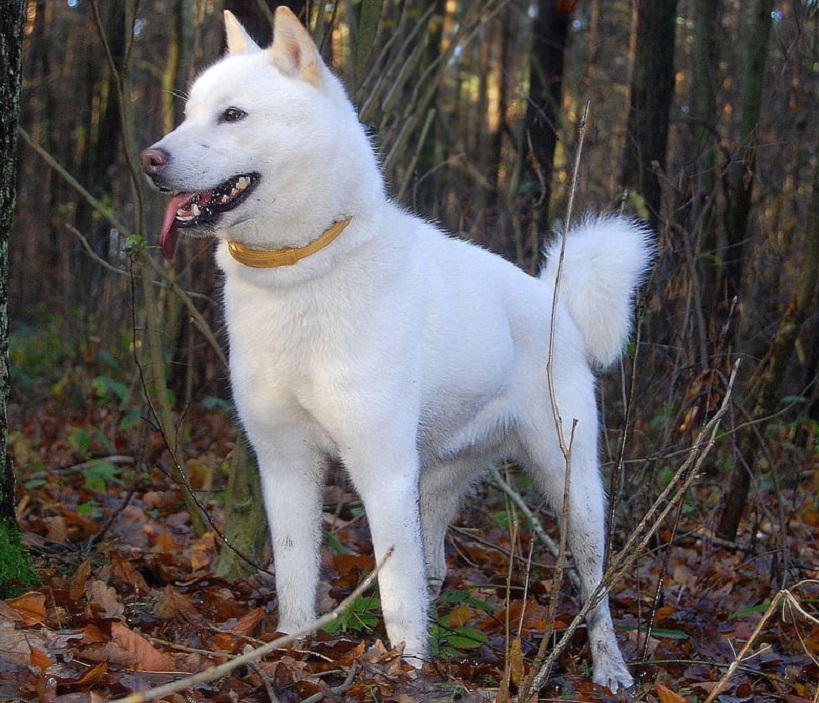
The Kishu is a medium-sized dog with a well-balanced and athletic build. It has a sturdy frame, a broad skull, and a straight, well-proportioned muzzle. The ears are triangular and erect, giving the dog an alert and attentive expression. The Kishu’s double coat is thick, dense, and straight, with a soft undercoat and a coarser outer coat. The breed’s coat color is predominantly white, although some Kishus may have cream or red markings.
Health and Basic Care:
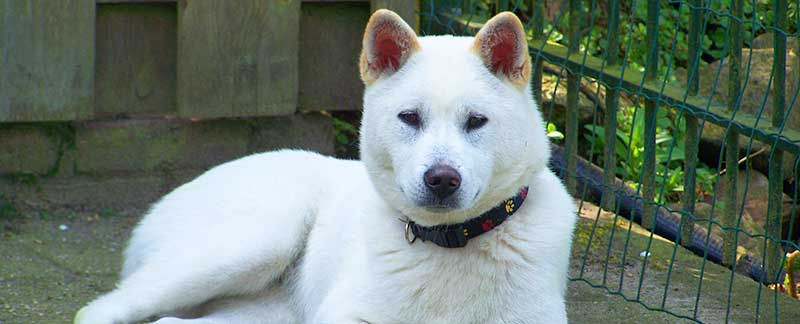
Kishus are generally healthy dogs with a lifespan of around 11 to 13 years. Like all dog breeds, they may be prone to certain health issues such as hip dysplasia, patellar luxation, and allergies. Regular veterinary check-ups, a balanced diet, exercise, grooming, and parasite prevention are essential for maintaining their health and well-being.
Temperament and Personality:
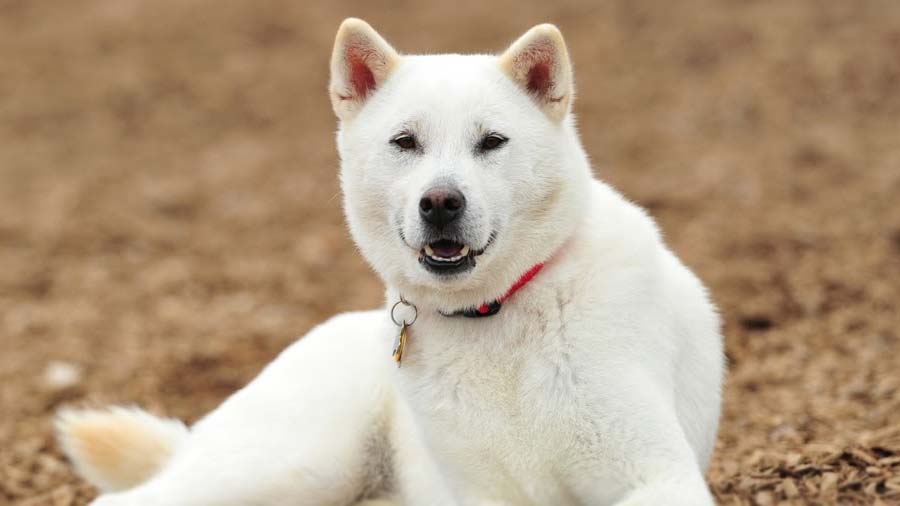
The Kishu is known for its loyal, dignified, and independent nature. It is a reserved breed that tends to be aloof with strangers but forms strong bonds with its family members. Kishus are intelligent and alert dogs that make excellent watchdogs, as they are naturally wary of unfamiliar people and situations. Despite their independent streak, Kishus are loyal and devoted companions that thrive on attention and affection from their owners.
Training and Socialization:
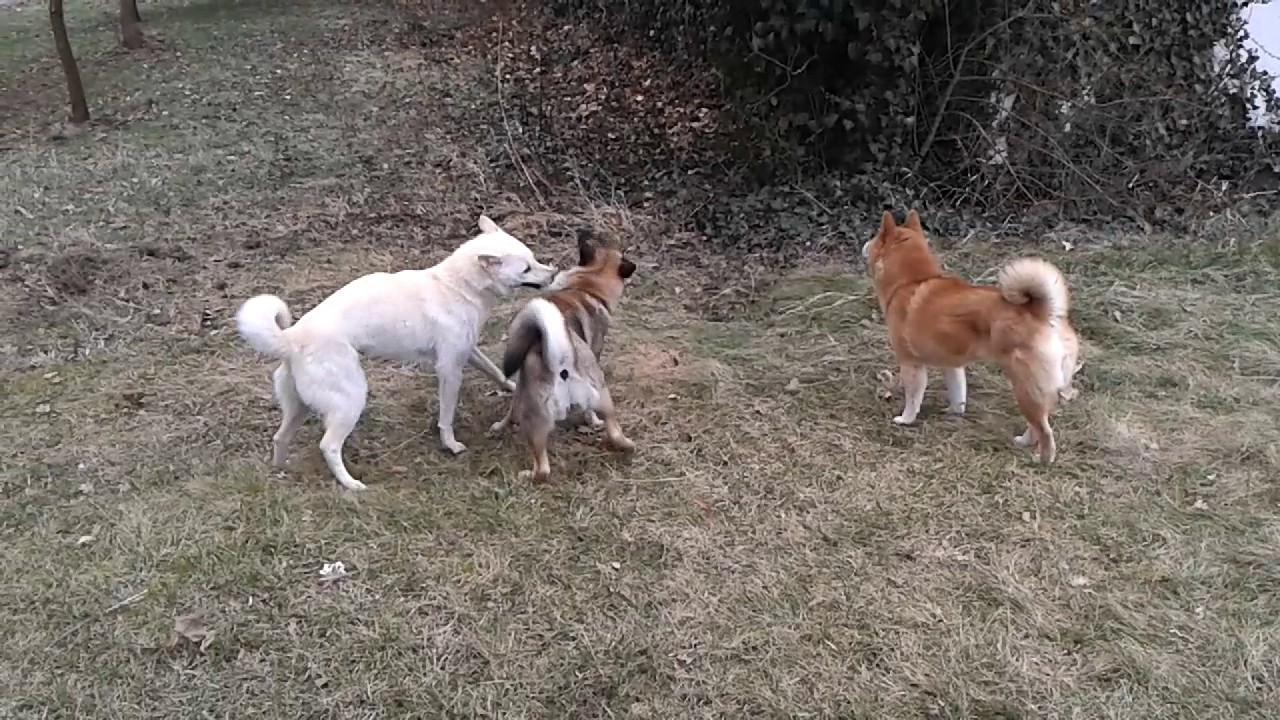
Kishus are intelligent dogs that respond well to consistent and firm training methods. Early socialization is crucial to ensure that they grow up to be well-mannered and well-adjusted dogs. Exposing them to various people, animals, and environments from a young age will help prevent shyness or fearfulness. Kishus have a strong prey drive and may require supervision around small animals.
Nutrition:
A balanced diet tailored to their size, age, and activity level is essential for Kishus’ health and well-being. Feeding them high-quality dog food formulated for medium-sized breeds will provide them with the nutrients they need to thrive. Portion control is important to prevent obesity, which can lead to health issues, and fresh water should always be available.
Suitable Environment:
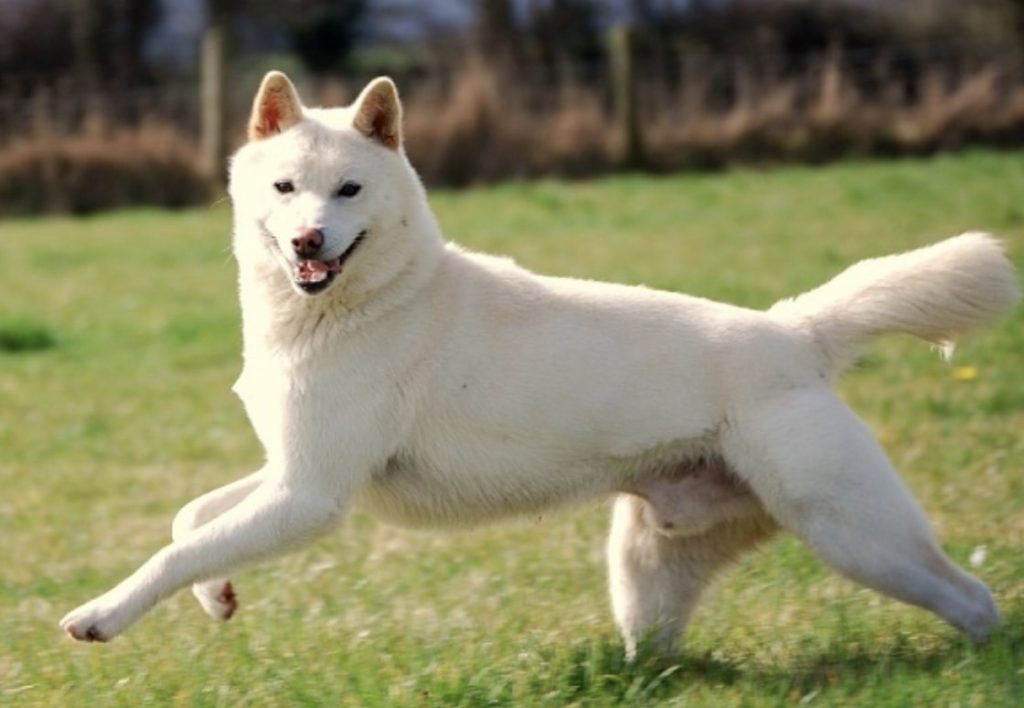
Kishus are adaptable dogs that can thrive in various living environments, including apartments, houses, and rural settings. They require regular exercise to stay physically and mentally stimulated, including daily walks, playtime, and opportunities to explore their surroundings. Kishus are generally not suited to off-leash activities, as their hunting instincts may lead them to chase small animals.
Frequently Asked Questions:
Are Kishus good family pets?
- Yes, Kishus can make excellent family pets for experienced owners who understand their independent nature and unique needs. They are loyal and devoted companions that form strong bonds with their families.
Are Kishus good with children and other pets?
- Kishus can get along well with children and other pets when properly socialized from a young age. However, they may be reserved with strangers and may require supervision around small children or unfamiliar animals.
Do Kishus bark a lot?
- Kishus are not known as excessive barkers, but they may bark to alert their owners to potential threats or intruders. Proper training and socialization can help manage their barking behavior.
Are Kishus difficult to train?
- Kishus are intelligent dogs that can be independent and strong-willed, which may present challenges in training. Consistency, patience, and positive reinforcement techniques are key to successfully training a Kishu.
Do Kishus shed a lot?
- Kishus have a double coat that sheds moderately throughout the year, with heavier shedding occurring seasonally. Regular grooming, including brushing and occasional baths, can help minimize shedding and keep their coat healthy and clean.
